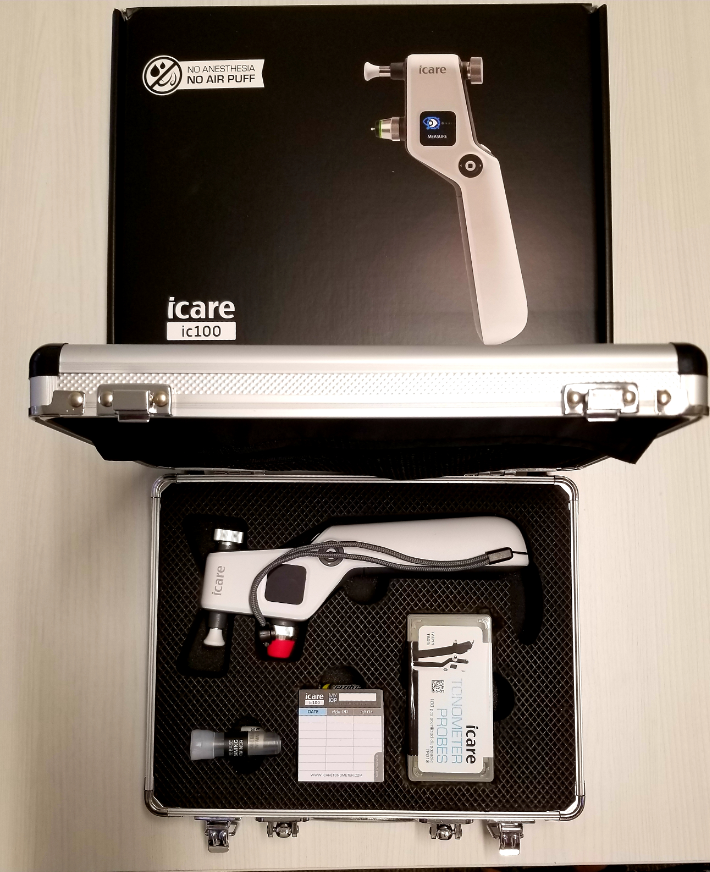The Key to Success is Excellent Quality Eye and Vision Care with Affordable Options
VOSH/International is dedicated to improving eye and vision care around the world, especially in countries where access to such care is limited or unavailable. We work with schools of optometry to improve education. We advise on how to create legislation to define optometry and maintain quality.
It is ironic that in the United States, where VOSH/International originated and with the highest level of optometry in the world, that there is a fledgling movement to roll back quality and decrease standards. A November 2019 article by Yascha Mounk entitled “The Great American Eye-Exam Scam” embodies this effort. You can tell by the title where this author is headed.
The author laments that an eye examination is mandatory. He praises countries that allow anyone to walk in off the street and undergo a rudimentary visit with only an autorefractor by a technician with limited knowledge of overall health or eye conditions. He wants to roll back educational and regulatory standards in the United States about 100 years. He finishes the article with a call to our national legislative leaders to abolish the mandatory eye exam requirement when releasing the prescription for eyeglasses.

Icare Tonometer:
Recommended to every VOSH Chapter
for intraocular pressure measurement
One might think this idea is ludicrous or that it could never happen. I would argue that this threat is something to be taken seriously. There is money to be made in making spectacles and selling contact lenses. From the perspective of some large corporations, the more spectacles and contact lenses they sell the more money they make. I personally had to defend my optometry license at my state board of optometry by a frivolous complaint by a contact lens distributor. The complaint was against not only me but hundreds of optometrists in Arizona. Rather than partnering with optometrists some companies are taking an adversarial and bullying approach. Some companies are advocating for a contact lens prescription with no expiration date despite the fact that serious ophthalmic or visual injury could result and optometrists could be liable for such injury. Thankfully, the complaint was reviewed and dismissed.
The main ideas behind requiring an 8-year degree for becoming a doctor of optometry in the US (or a 4, 5, or 6 year degree in a developing country) are (1) A certain amount of basic education insures that the future optometrist is well rounded in reading, writing, calculating, and reasoning. This allows the optometrist communicate clearly and effectively with colleagues. This insures that the optometrist will continue to grow and learn throughout his or her career as advances develop. (2) Optometry school provides the scientific, medical, and practical training to identify systemic and ophthalmic conditions that affect the health and well being of the patient. The supervised and mentored training includes in depth knowledge and techniques to be able to diagnose and treat visual and ophthalmic conditions with the most up-to-date and effective treatments.
January is National Glaucoma Awareness Month in the United States. Worldwide there are 76 million people affected by glaucoma and almost 7 million visually-impaired by this disease. In the United States 3 million people have glaucoma, with about 120,000 blind from the disease. Glaucoma costs the U.S. economy $2.86 billion every year in direct costs and productivity losses.
This one eye disease provides ample justification for the existence of well-trained and licensed optometrists and ophthalmologists. Glaucoma is an irreversible degeneration of the optic nerve with no signs or symptoms in its early stages. Up to 40% of the optic nerve fibers can be lost and the patient will be unaware of the deficit. Once the patient becomes aware of visual impairment from glaucoma up to half of the visual field could be affected and usually both eyes are involved. If established, glaucoma can very difficult to treat. Glaucoma is best detected and, if diagnosed, treated early either through eye drops, surgery, or both.
VOSH/International is providing the instrumentation and training for Selective Laser Trabeculoplasty (SLT) in Haiti, in conjunction with ophthalmology in Port –au-Prince. In Haiti the population is at high risk for glaucoma. Due to shortage of well-trained optometrists and ophthalmologists, glaucoma is often detected in its late stage and can be very difficult to treat. Even when detected early by a trained professional, the eye drops can be very difficult to obtain or if obtainable, very expensive. This is why VOSH/International is working very hard in conjunction with Optometry Giving Sight to provide SLT and training to improve treatment options for some types of glaucoma.
VOSH/International highly encourages all chapter missions to check intraocular pressures in all patients over 40 years of age or at high risk for glaucoma. We have found the ICare tonometer to be especially effective in doing this because it is reliable, portable, and relatively affordable.
The key to effective diagnosis and treatment for any eye disease or visual condition is to have highly trained, licensed optometrists and ophthalmologists working in hospitals, clinics, and offices in cities and towns all over the world. Not only must there be access in a variety of settings but the cost must be kept affordable for all. It’s all about balance. If limited access or high cost become too much of a burden for the general public there will be calls for deregulation and a relaxing of educational quality and standards similar to the article mentioned above. VOSH/International is dedicated to promoting high quality health and vision care with access and affordability for all.
For more information, please see:
https://www.glaucoma.org/news/glaucoma-awareness-month.php
https://www.glaucoma.org/
https://www.glaucoma-association.com/
J. Daniel Twelker, OD, PhD, FAAO, FVI
President, VOSH/International
